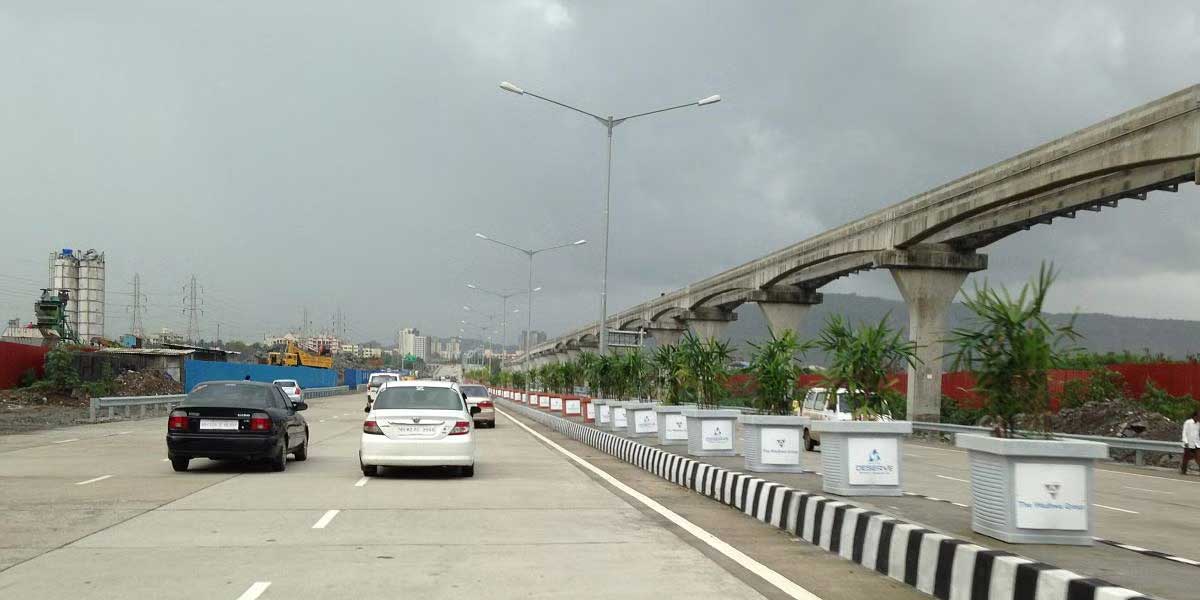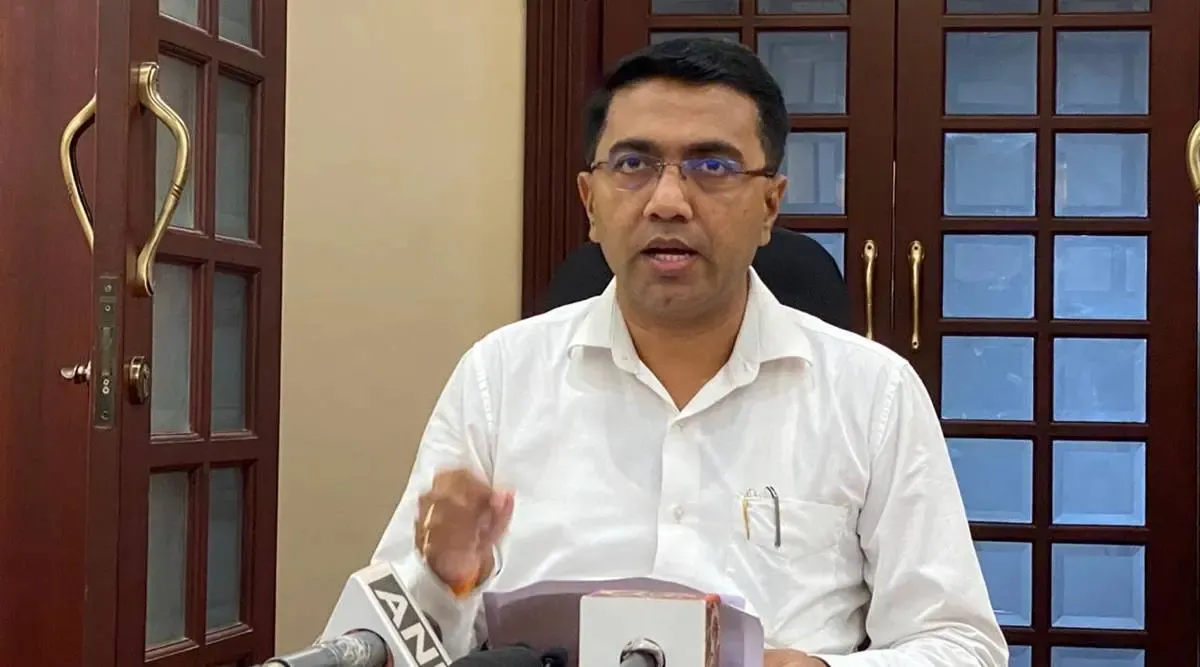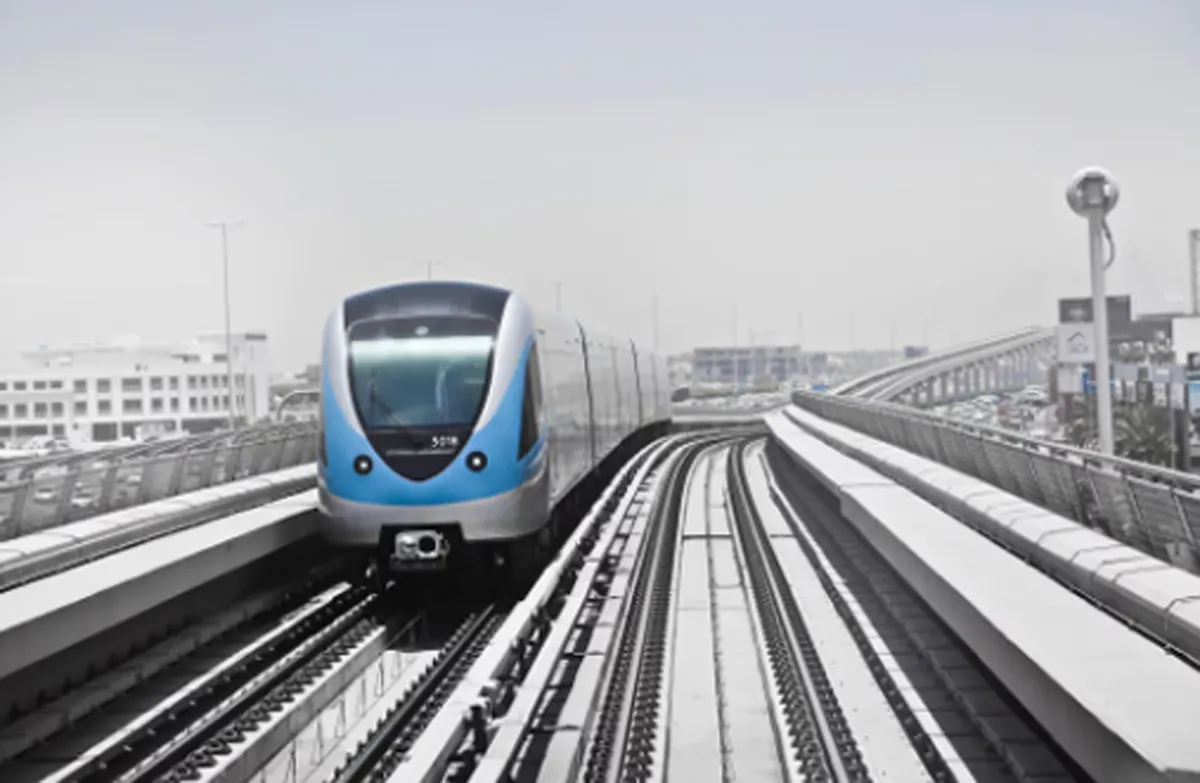
BMC achieves 158 km of cement concretisation on Mumbai roads

Goa Advances Sustainable Future with Scientific Waste Management
Chief Minister Pramod Sawant reaffirmed Goa’s commitment to strengthening environmental sustainability through scientific and responsible waste management practices. He highlighted that the Common Hazardous Treatment and Storage Facility has become a key element in ensuring the safe, efficient, and sustainable management of hazardous waste across the State. Sawant said the state-of-the-art facility not only addresses critical environmental challenges but also supports local employment, with nearly 80 per cent of its workforce comprising Goan youth. He added that the State’s environmenta..

Andhra Pradesh Showcases Smart City Vision at Barcelona Expo
Andhra Pradesh will spotlight its pioneering Smart City development initiatives at the 14th Smart City Expo World Congress (SCEWC) 2025, being held from November 4–6 in Barcelona, Spain. The State’s innovative projects across four key smart cities will focus on AI-driven solutions for sustainable urban growth. S Suresh Kumar, Principal Secretary of the Municipal Administration and Urban Development (MAUD) Department, will represent India as a distinguished speaker at the congress. He will lead a three-member delegation comprising Greater Visakhapatnam Municipal Corporation Commissioner Ke..

Indore Metro to Go Underground from Khajrana to Bada Ganpati
The Indore Metro will now run underground from Khajrana Square, passing through Palasia to Bada Ganpati, as approved in a high-level meeting chaired by Urban Development and Housing Minister Kailash Vijayvargiya. The decision, finalised after extensive deliberations, marks a major milestone in enhancing traffic management and urban mobility across Indore. The proposal for the underground stretch received unanimous approval from the committee. Vijayvargiya announced that a new Malharganj Metro station would be developed, assuring that no houses or shops would be impacted. He added that the tu..
















